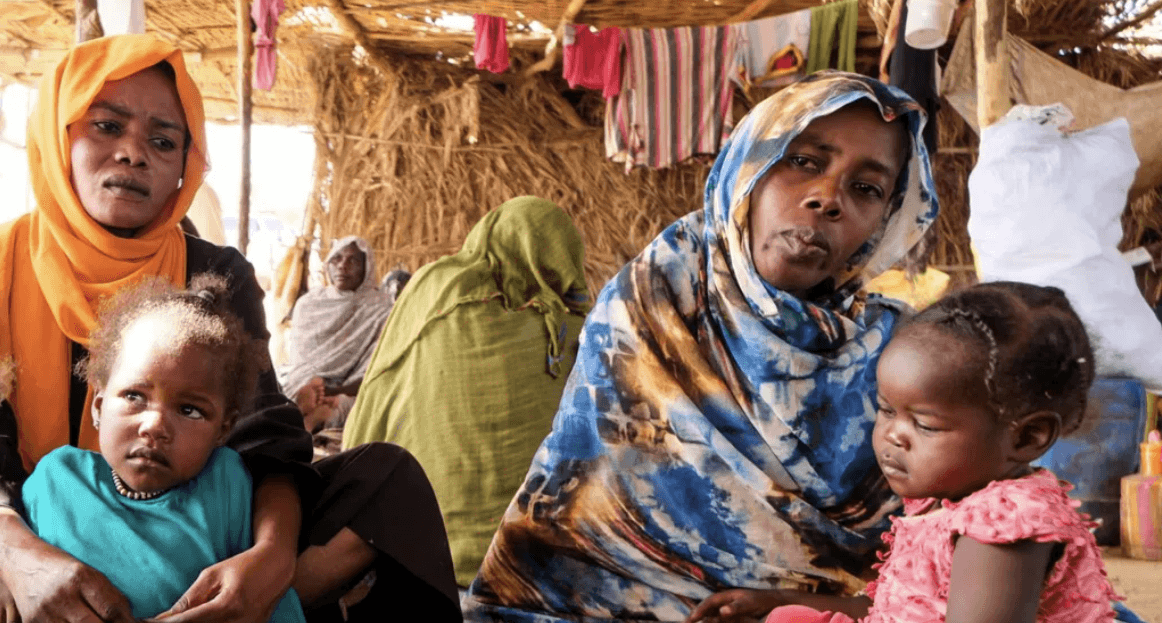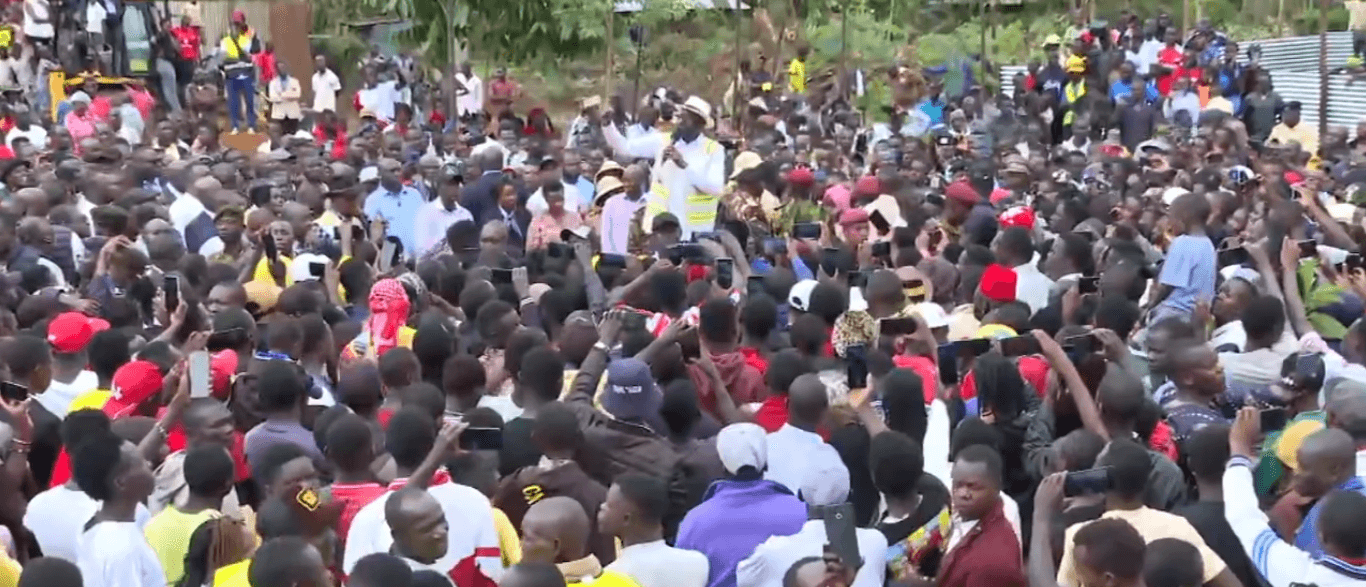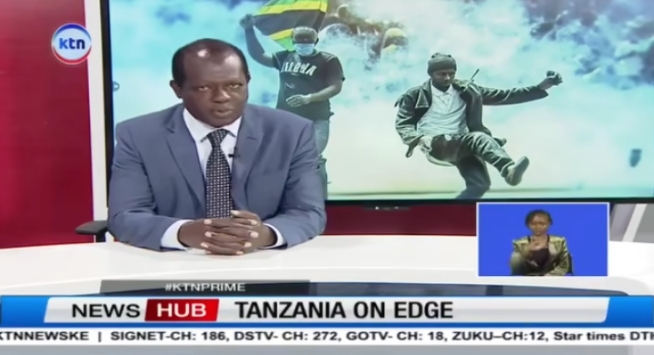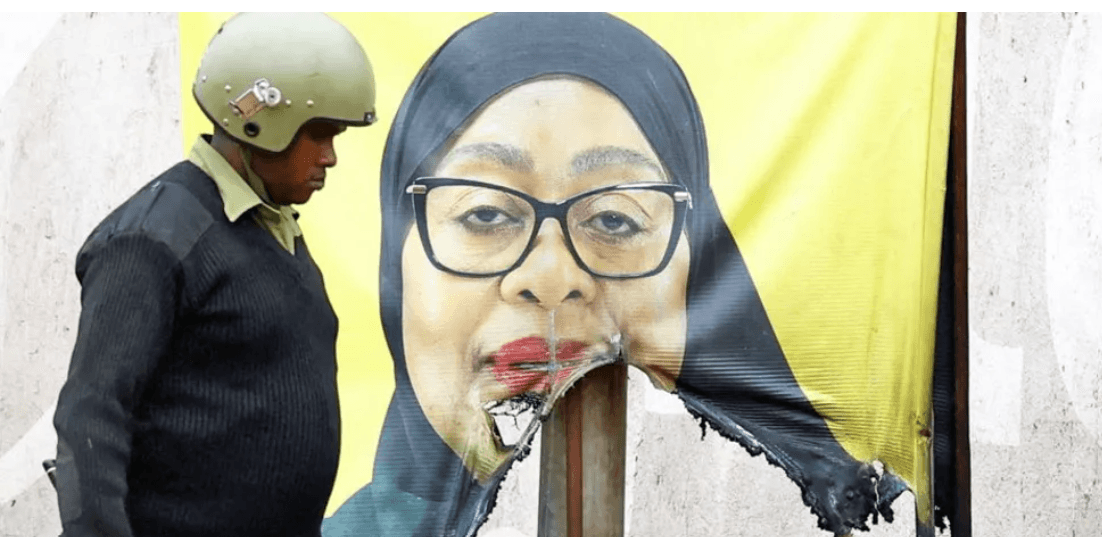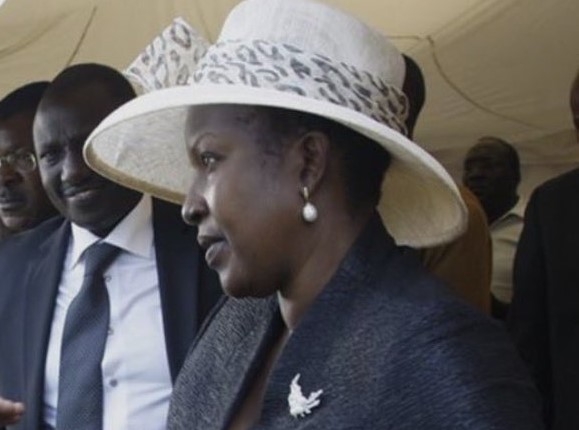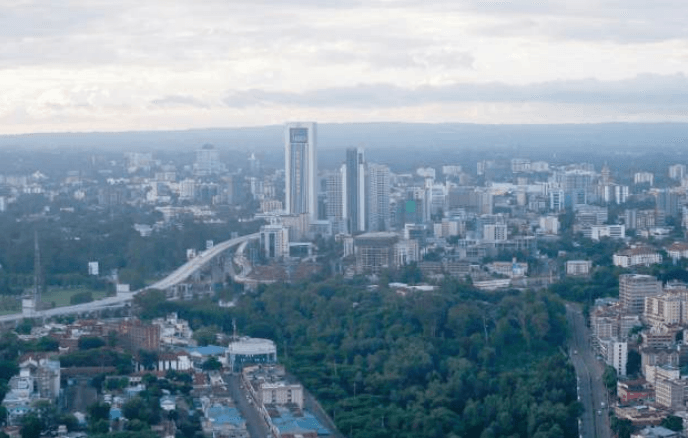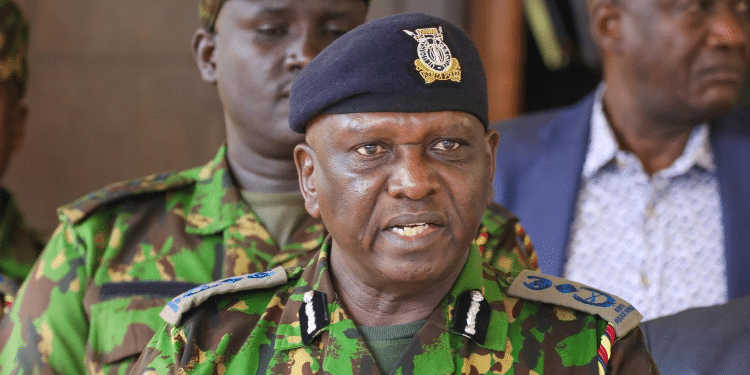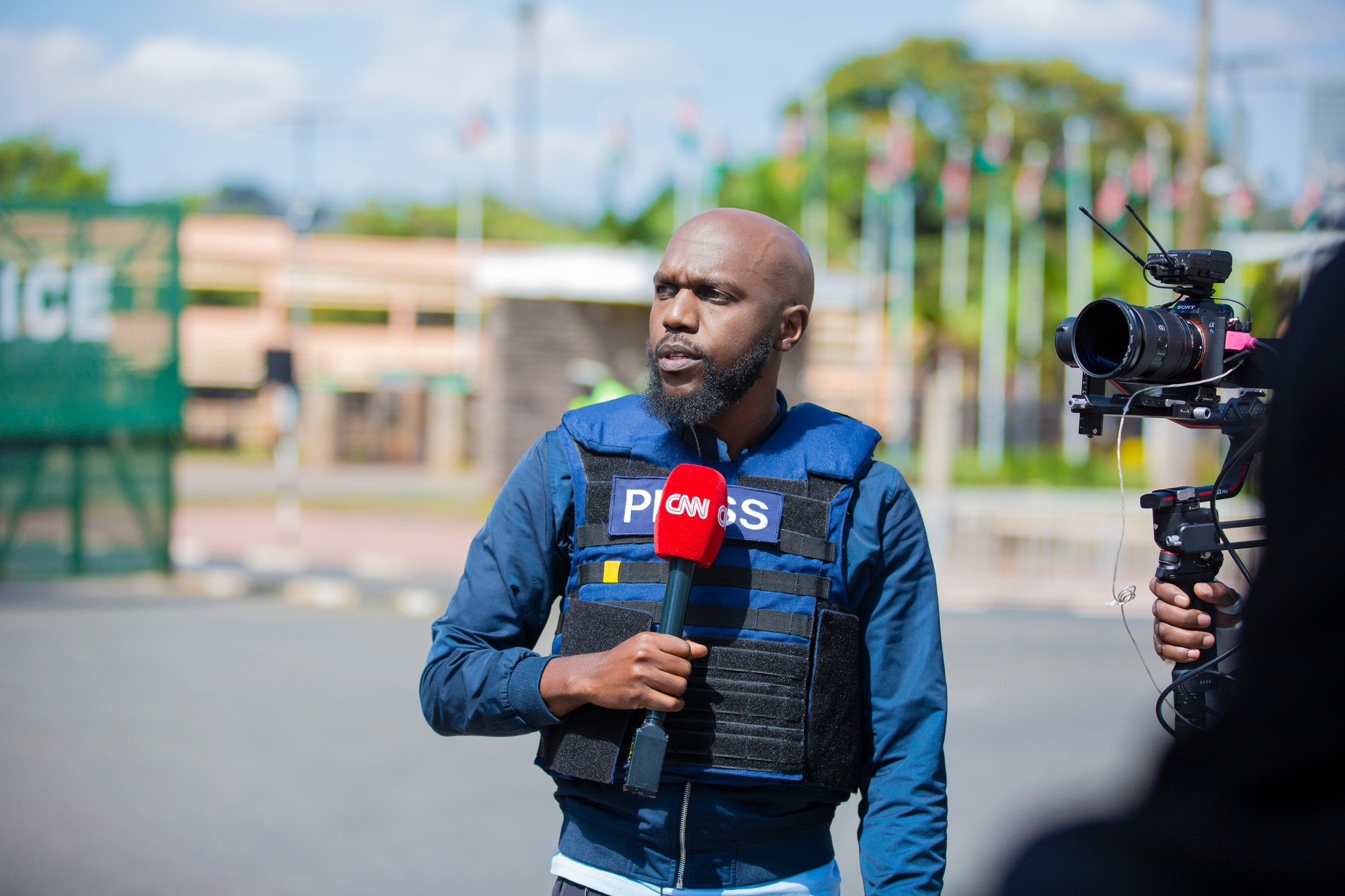
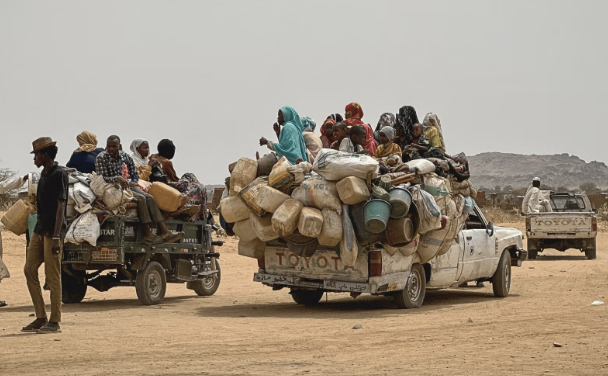
Activists on social media have shared disturbing videos allegedly showing members of the Sudanese army killing civilians in el-Obeid, North Kordofan State.
The victims were reportedly accused of belonging to tribes believed to support the Rapid Support Forces, in what observers describe as one of the worst outbreaks of retaliatory violence since the war began in April 2023.
Eyewitnesses and local sources said the killings occurred in several neighbourhoods of El-Obeid shortly after reports emerged that el-Fasher, the army’s last stronghold in Darfur, had fallen to the Rapid Support Forces.
One resident said soldiers were in a state of panic, stopping civilians, checking their phones, and detaining or killing anyone suspected of having links to the RSF.
Local reports indicated that most of the victims came from tribes the army and allied Islamist units had labelled as RSF sympathisers.
This latest incident follows a series of alleged violations involving the army and its allied Islamist units, including the al-Baraa bin Malik Battalion and the Shield of Sudan.
These groups have previously been accused of carrying out summary executions in Omdurman, Khartoum North, and al-Jazirah.
The Rapid Support Forces have also faced accusations of killing civilians in al-Fashir, Nyala, and al-Geneina.
However, some field reports suggest that certain crimes blamed on the RSF were committed by gangs and militias linked to the army as part of a campaign to discredit its rivals.
Analysts say the events in el-Obeid highlight a breakdown of command within the army and show how the conflict has devolved into cycles of revenge and indiscriminate violence.
There are growing concerns that such attacks could inflame ethnic tensions and trigger new rounds of retaliatory violence across Sudan’s western and central regions.
As the war enters its second year, Sudan’s civilian population continues to bear the brunt of the fighting, with millions displaced and facing worsening humanitarian conditions.
On Tuesday, Sudan's military chief confirmed the army's withdrawal from its last western stronghold of el-Fasher after the paramilitary Rapid Support Forces (RSF) declared control of the city.
In a televised address, Gen Abdel Fattah al-Burhan said he had approved the withdrawal in response to the systematic destruction and killing of civilians.
He said he had agreed with local leaders to leave and go to a safe place to protect the remaining citizens and the rest of the city from destruction.


